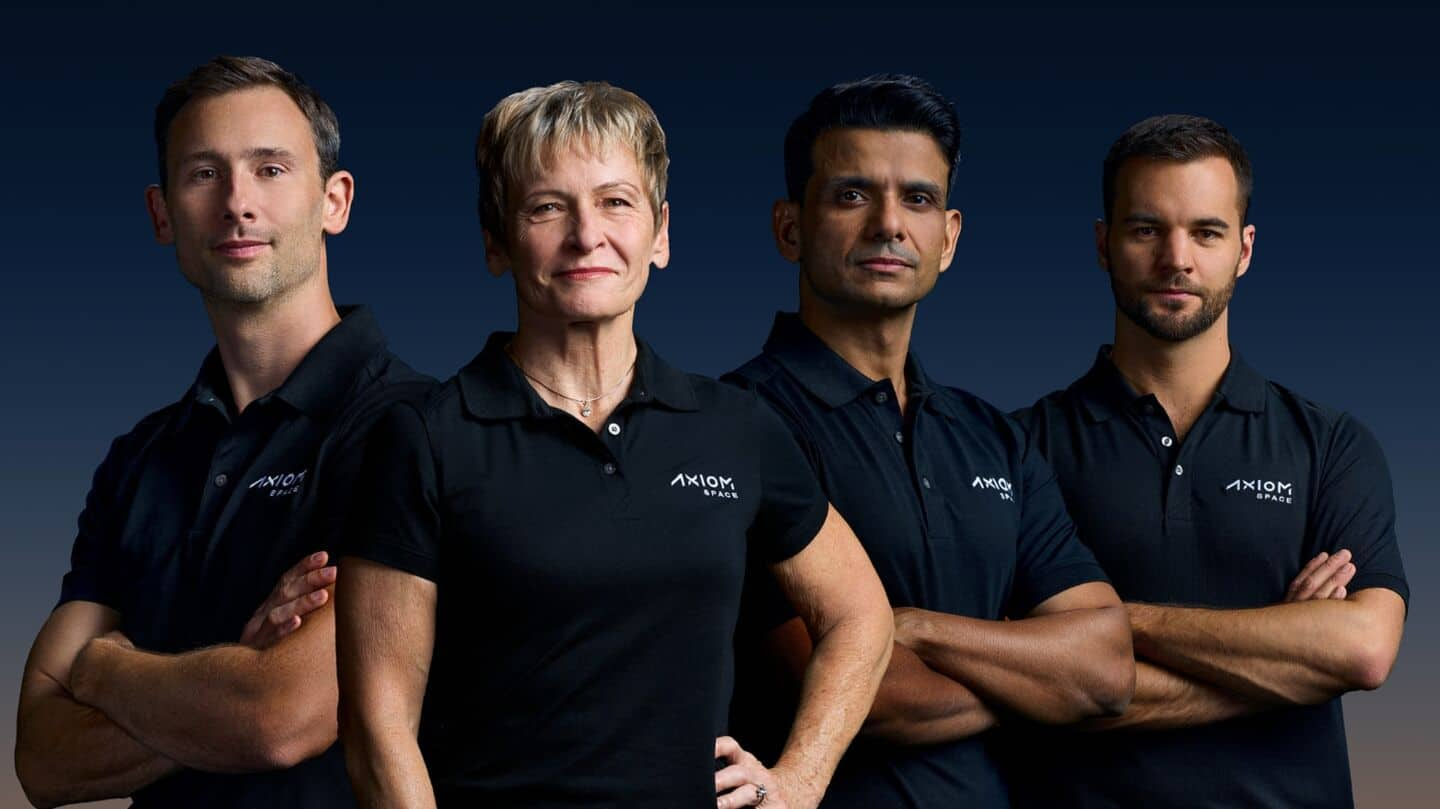
Axiom-4 mission astronauts to test diabetes treatment in space
What's the story
The upcoming Axiom-4 mission to the International Space Station (ISS) could significantly impact diabetes treatment. The UAE-based healthcare provider, Burjeel Holdings, is conducting an experiment on glucose behavior in microgravity conditions. Indian astronaut Shubhanshu Shukla will be part of this groundbreaking study during his 14-day stay at the orbital lab.
Experiment details
'Suite Ride' experiment on glucose behavior in microgravity conditions
As part of the "Suite Ride" experiment, some Axiom-4 mission astronauts will wear continuous glucose monitors. The goal is to study how glucose and insulin behave in microgravity conditions. This research could lead to the development of wearable technologies for astronauts and patients with limited mobility due to conditions like paralysis.
Testing conditions
How the study will be conducted
Along with the continuous glucose monitors, astronauts will also carry insulin pens in refrigerated and ambient temperatures. The aim is to see how these molecules behave in microgravity conditions. "We are trying just to see if there is any change or fluctuation to the blood-sugar levels while they are in space," Mohammad Fityan, Chief Medical Officer at Burjeel Holdings, told PTI.
Policy overview
Current restrictions on diabetic astronauts
Currently, NASA doesn't allow insulin-dependent diabetics to travel to space. There are no official exclusions for non-insulin-dependent diabetics, but no astronaut with diabetes has traveled to space so far. This study could change the future of space travel for astronauts with insulin-dependent diabetes mellitus (IDDM), a condition historically considered disqualifying for such missions.
Future implications
Study aims to develop advanced glucose-monitoring tools
Fityan said this study will pave the way for innovative technologies and treatment approaches. It could help develop advanced glucose-monitoring tools optimized for extreme or low-activity environments. The research could also identify new pharmacologic targets by observing how metabolic and hormonal responses change in microgravity, potentially leading to drugs that enhance insulin sensitivity or mimic exercise benefits in sedentary individuals.
Technological advancements
Research will help personalize diabetes care on Earth
The artificial intelligence (AI)-powered predictive models based on real-time physiologic data in space can be adapted to personalize diabetes care on Earth. This could improve forecasting of insulin needs or metabolic shifts with higher accuracy. The research will also help develop remote monitoring platforms for continuous metabolic-data capture, potentially revolutionizing diabetes care in underserved or remote areas on Earth, as well as in tele-health settings.